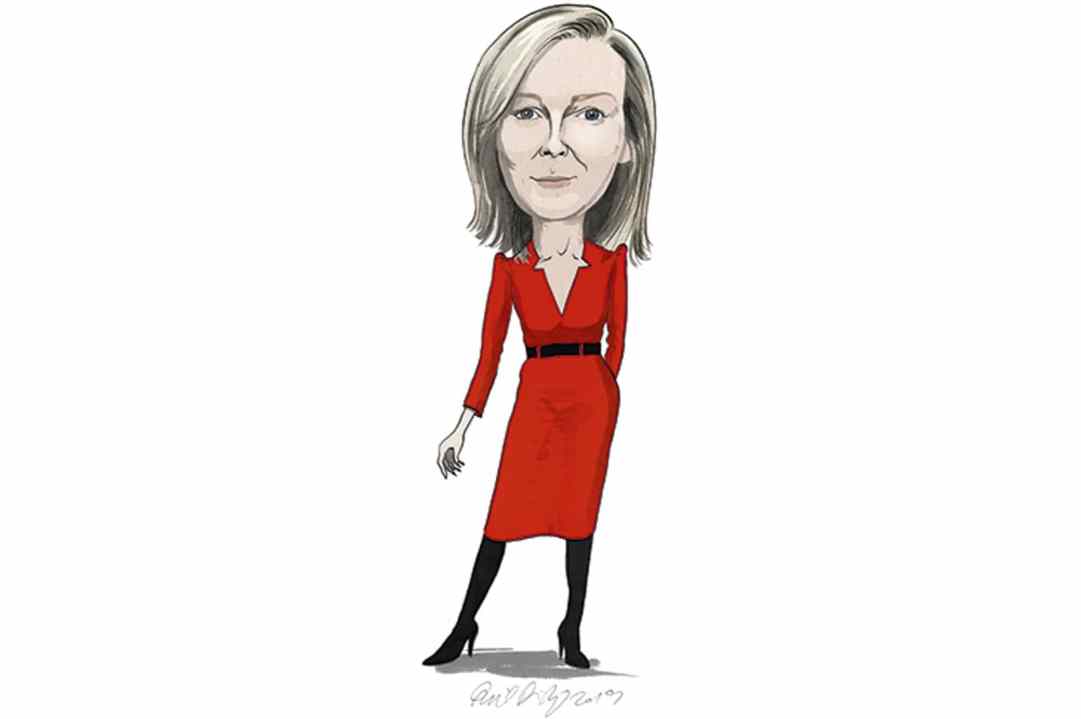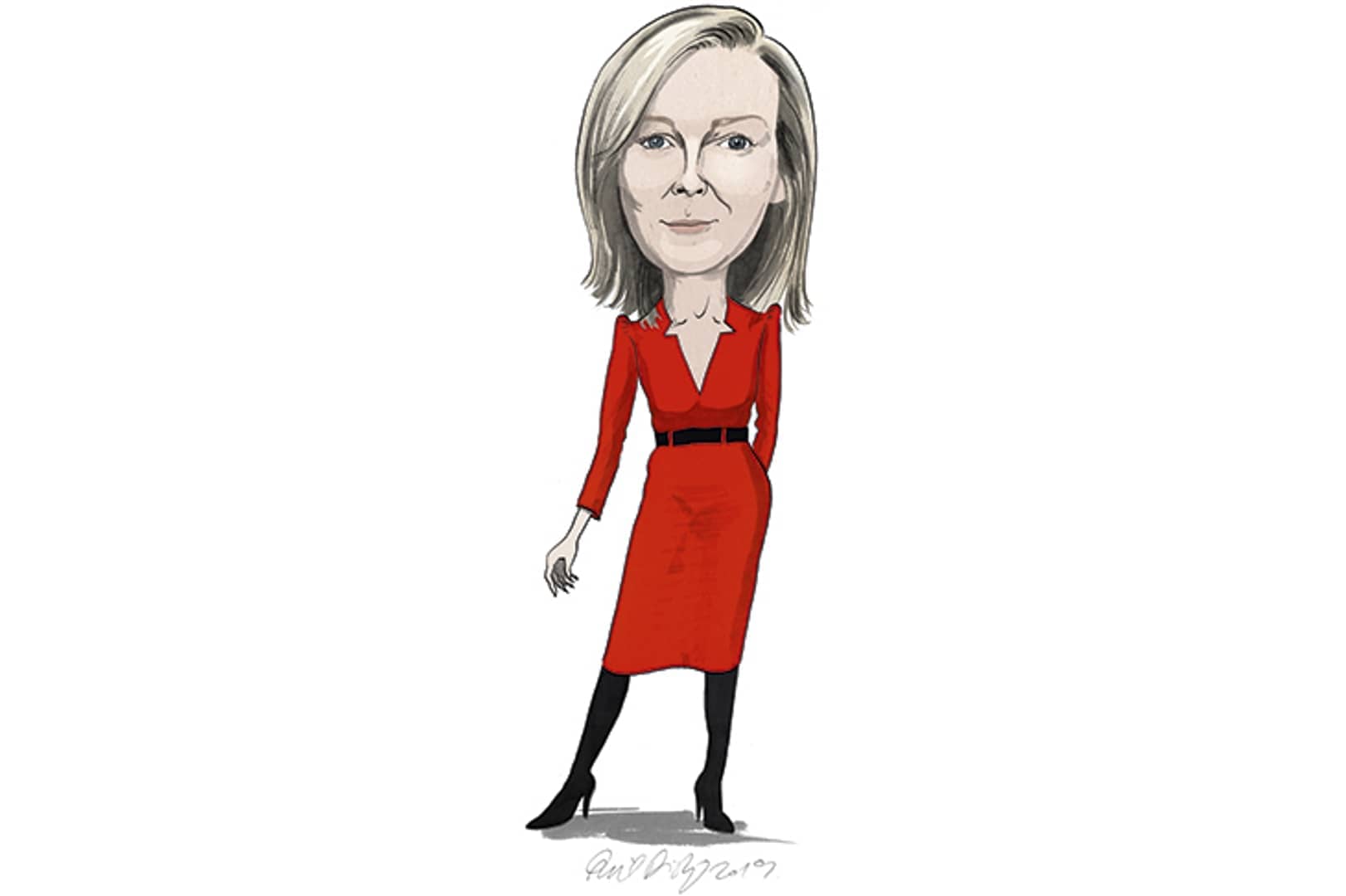Labour will attack the new prime minister from the left and the right. From Liz Truss’ exposed left flank, Labour and the majority of the electorate will hammer her for not extending the windfall tax to cover the estimated £170 billion in profits Vladimir Putin has gifted gas and electricity generators. Do not imagine for a moment that it won’t be effective.
The attack from the right is less obvious but gets to the heart of the risk Liz Truss is running with the UK economy. ‘We need to paint her as fiscally irresponsible,’ one adviser to Labour’s Treasury team told me. ‘That’s as important as showing she has the wrong priorities.’
Truss’s promise of unfunded tax cuts for the already wealthy threatens to add a financial crisis to the cost-of-living crisis. The pound is down to $1.15 and will push the price of imports even higher if its fall continues. The Bank of England is certain to respond by raising interest rates. The Financial Times estimates that inflation and Truss’ tax and spending commitments will leave a £60 billion black hole in the public finances by 2025 – assuming she sticks to her promises. We will see what happens in the coming days, but if Truss goes on to cap energy prices that will cost between £70 and £100 billion more.
Labour wants to hammer away at the dangers of financing a tax giveaway on borrowed money as the price of state aid for domestic and business energy bills explodes. As I have said throughout the lost summer of the Conservative leadership election, maybe Truss will not stick to her word and her commitment to tax cuts was more an aspiration than a firm promise Conservative party members could bank.
Truss has nothing like Johnson’s levels of popularity
But there is no sign of her breaking her solemn pledges. And Labour shadow ministers don’t believe she can. They find it hard to see how even a politician who has switched from Liberal Democrat to Conservative and from remain to leave could wiggle away from what she told Conservative members.
‘The big opportunity for us is that the numbers don’t add up,’ one shadow cabinet minister said. ‘We have to make sure that by the next election that voters feel that they are taking a risk by sticking with the status quo and voting Conservative. Labour must look like the safe choice.’
To the despair of generations of leftists, Labour has often been too much of a risk for UK – and particularly English – voters to gamble on. They may view Conservatives as anything from unpleasant to repellent but still trust them to manage the economy. The succession of crises from Brexit through to Ukraine at least offers hope for Labour that the Tories’ advantage is vanishing; that if you have thoroughly conservative desires to own a home, or rent one at a reasonable price, or get a job that pays a decent wage, or see your business thrive, the Conservative party stands in your way.
The shadow chancellor Rachel Reeves is convinced that its new leaders are yesterday’s women and men. For all her shapeshifting, Truss has argued for low taxes and deregulation for a decade. Her promises stick to the manifesto set out in Britannia Unchained, the free-market programme she produced in 2012 with, among others, her likely new chancellor Kwasi Kwarteng. As with so much Truss says, her ideas aren’t so much wrong as irrelevant to the crisis of the 2020s.
It’s not just that Putin’s invasion of Ukraine, like Covid, demands a mobilisation of state resources akin to wartime. The greying population, the threatened collapse of the NHS, the failings in every public service from the schools to the police are pushing the UK towards a European economic model.
Labour believes that Truss cannot reconcile her old ideology with new circumstances, and her belief that the government’s priority should be a massive tax giveaway financed by debt proves it.
Convinced of its righteousness the left consistently underestimates the right. Many, your correspondent included, could never understand the appeal of Boris Johnson. If we could see that he was a charlatan, we thought that surely our fellow citizens would do the same. Perhaps it is making the same mistake with Truss.
Truss has nothing like Johnson’s levels of popularity, but cautious Labour’s politicians remain wary of the standard leftist belief that she is just thick. ‘You don’t get to become prime minister by being stupid,’ one told me,
That said he, like everyone else I interviewed, was not frightened by her. All were convinced that Rishi Sunak would have been a harder opponent to beat. ‘He was honest about the state of the economy and the difficult choices ahead, and voters would have respected that,’ one said.
Truss’ boosterism, by contrast, has been almost insulting in its glibness as has her lack of self-knowledge. Parties that have been in power too long lose the ability to see themselves as others see them. The Labour leadership is painfully aware that it is not trusted to manage the economy. The Conservatives, by contrast, have forgotten that they are always at risk of voters dismissing them as the party of the privileged.
They have managed to hold a leadership election in which they barely mentioned the danger of the National Health Service collapsing, voters’ second biggest concern. Truss is now proposing to fund tax cuts for the wealthiest by increasing the national debt, to reduce corporation tax for big business and, apparently for even I cannot believe she will do this, to let energy generators enjoy unearned and undeserved windfall profits while a frightened public suffers.
None of the above means that the Conservatives are certain to lose the next election. It is still a long way away, and the default position of UK politics is that the anti-Tory opposition always struggles. But even the most diehard Conservative reader of The Spectator would have no right to be surprised if they did.








Comments